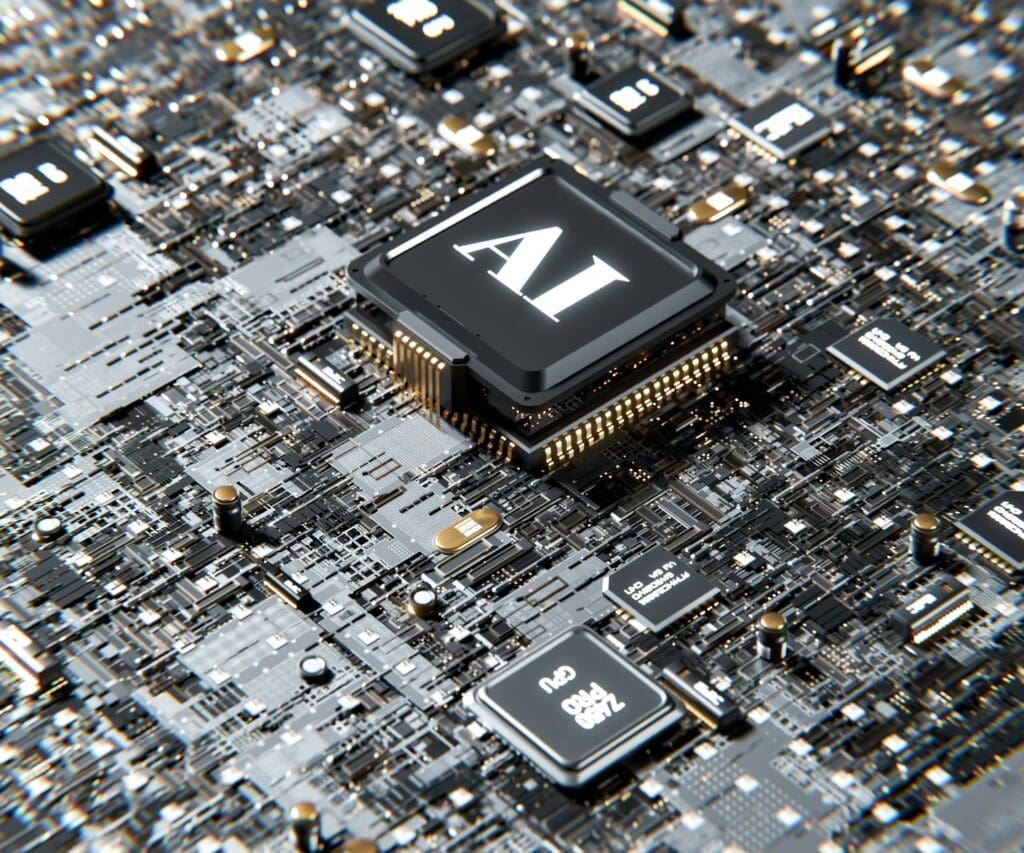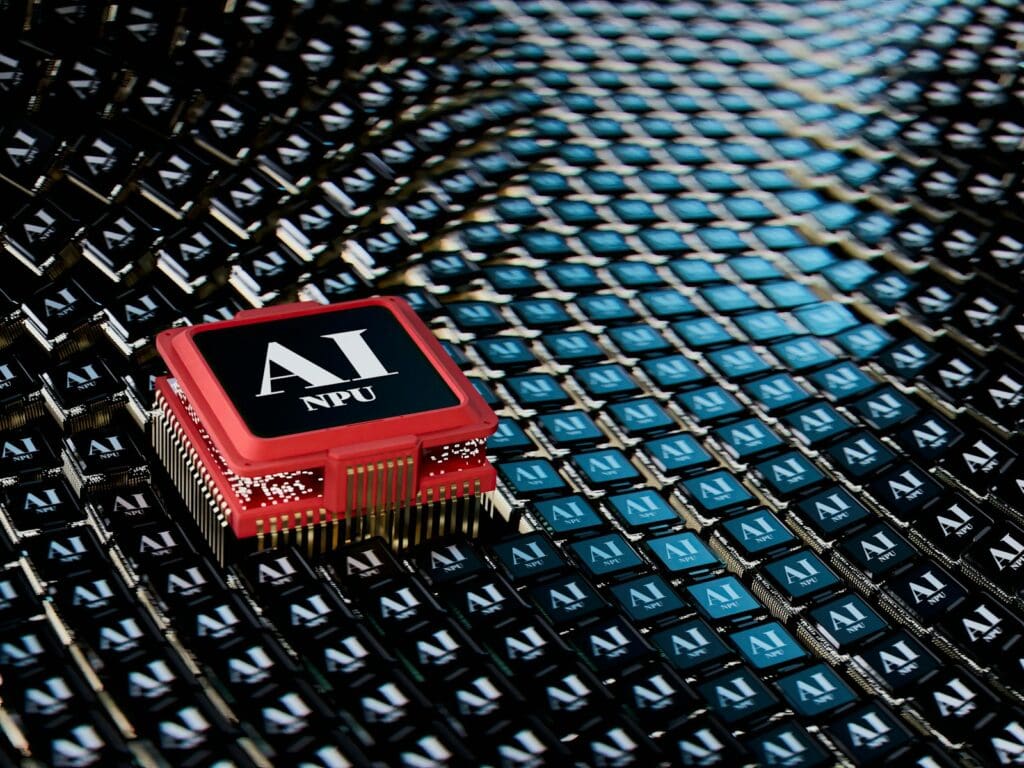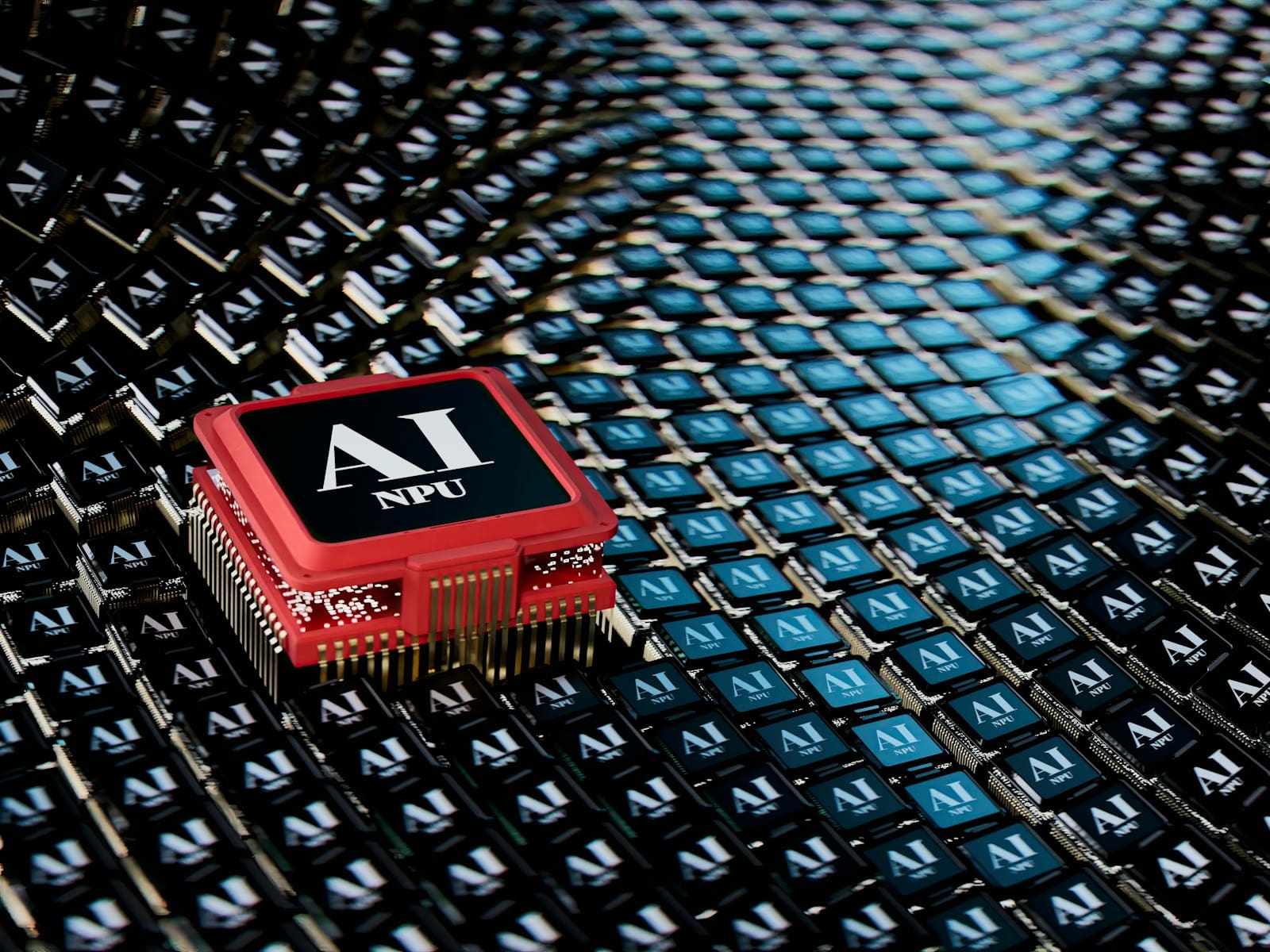Artificial intelligence, or “AI,” has been a major focus of tech companies like Meta and Microsoft for the past few years. They’ve heavily invested in the technology and have promised everything from finance to programming will be revolutionized by the advent of machine learning. But… is it even profitable for them?
What is AI?

The term “artificial intelligence” is thrown around a lot, but, in a general sense, it refers to machine learning algorithms. Words like “intelligence” and “learning” are misnomers, of course, as computers can’t actually think or reason. However, these programs are capable of collating data and producing outputs that answer particular queries.
How does it Work?

The specifics of how generative AI and other machine learning programs work are quite complex. In a nutshell, these systems are “trained” by programmers to respond to a variety of queries with specific outputs. These programs access vast libraries of data and stitch together responses that match the style they’ve been “trained” on.
Operational Costs

As you might imagine, a program capable of responding to general queries from the public needs to be trained on a very wide library of content. That requires significant capital investment, including specialized computer chips, massive data centers, and astronomical energy expenditure. But companies wouldn’t be investing in it if it wasn’t profitable, right?
It’s Tremendously Expensive

Microsoft alone spent $19 billion in the fiscal quarter ending in June. In 2019, that’s what Microsoft spent for the fiscal year. The bulk of that spending this year went to their new data centers—the high operational costs for their AI program. Chief among these is the GitHub Copilot, a programming assistant AI that loses Microsoft about $20 per customer per month.
Is AI Profitable?

Microsoft, Google, and Meta have all been burning money in an attempt to make themselves the top AI company. However, none of them have made any mention of how much money they’ve made on the technology in their quarterly earnings reports. Indeed, if this buzzy new tech had made a fortune, these companies wouldn’t shut up about it, right?
How is it Supposed to Make Money?

The idea here is likely the same as every “move fast and break things” tech idea from Silicon Valley. The companies banking on AI to do well are okay with burning billions of dollars on it because they expect it to become the next big thing. Once everyone is hooked on the free generative AI products, they’ll introduce paywalls and slowly jack the prices up until they’re recouping their losses.
But Who Wants to Pay for That?

The reality, however, is that no one wants to pay money for AI. It’s cute when it’s something you just toy with, but it’s not useful enough to merit paying for. And, if the operational costs are anything to go by, companies are going to need people to pay for this stuff sooner rather than later. But how long will investors be able to stomach watching billions of dollars just vanish into the bottomless AI money pit?
General AI

It seems a major goal of many tech companies is to be the first to crack the code to creating a “general” AI. This would be something akin to a science fiction character, an entirely digital thinking machine that can reason, learn, and invent new things just like a human being. Whether or not such a program is even possible is still a matter of debate, but that hasn’t stopped companies like OpenAI from chasing the dream.
Read More: Did AI Discover the First New Antibiotics in Over 60 Years?
Be Real

The cold, hard truth is that the current hype around AI has been generated by companies who are very eager to get some return on their investments into these massively expensive programs. The real-world applications for the software just isn’t there to support the sky-high operational costs. Why would you rent a bulldozer to make a sandcastle? That’s essentially what Microsoft and other companies are offering with their AI products.
Read More: 9 Careers in AI and How to Land Them
When the Bubble Bursts

When the AI bubble bursts (and burst it will) things might get a bit messy for the tech world. People who have been paying attention to technology for a few decades might remember around the turn of the Millennium when the Dot Com Bubble burst.
That wasn’t the end of the internet, but it was the end of a particular era of unmitigated hype around the World Wide Web. Something similar is almost assuredly on the horizon for AI. After all, investors are going to want to see this technology start making money soon, but it doesn’t look like AI is anywhere near profitability yet.
Read More: Facebook Sues FTC for Ability to Monetize Children’s Data








